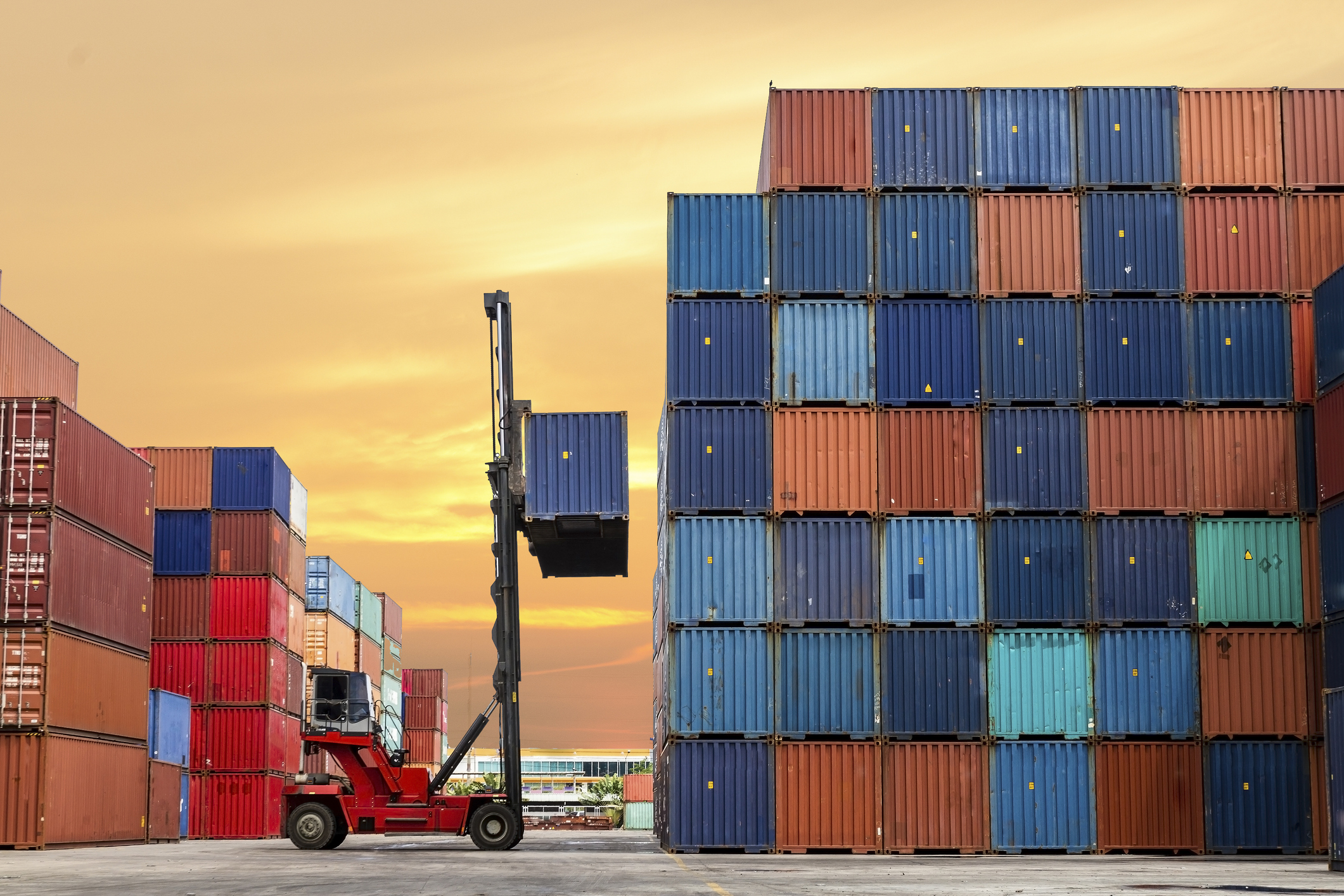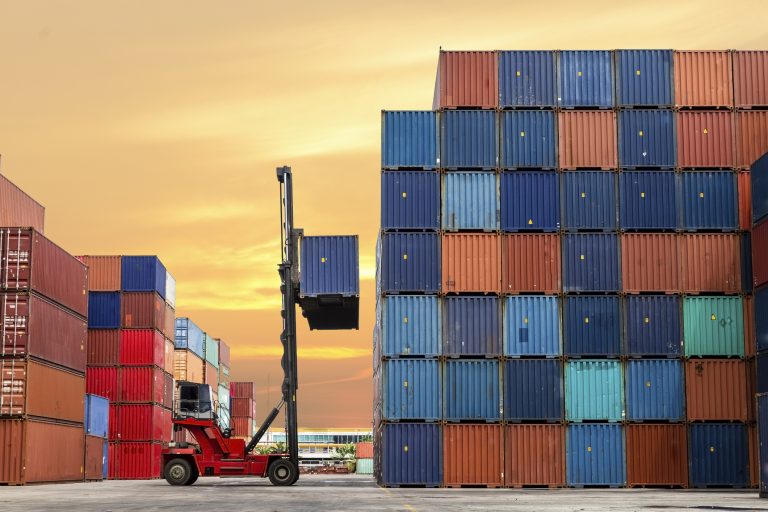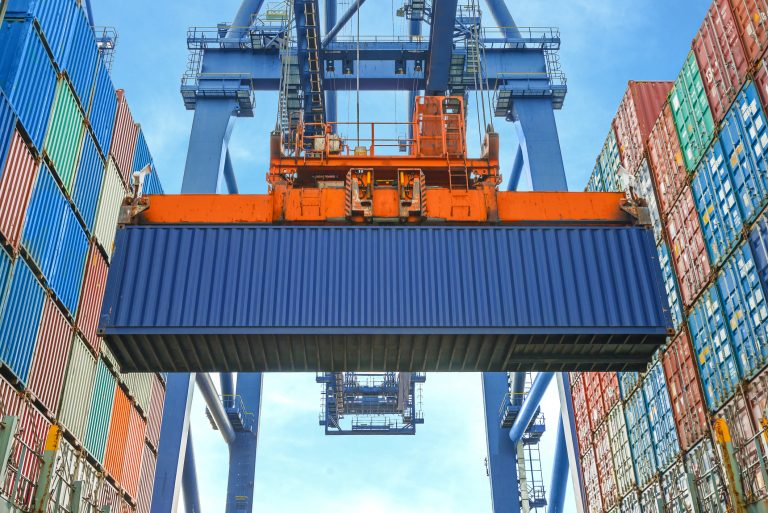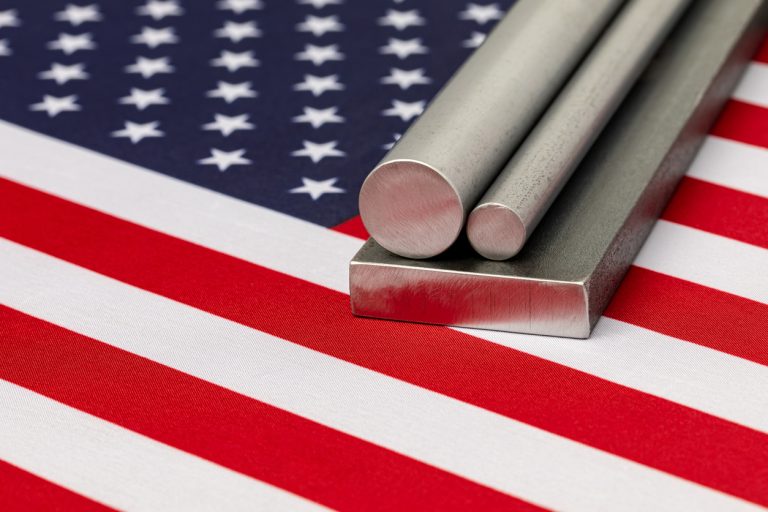Customs fraud undermines fair trade and costs the U.S. government billions in lost revenue annually. Importers who engage in fraudulent practices to evade tariffs and duties gain an unfair advantage over honest competitors, ultimately harming the U.S. economy. Due to the sheer volume of goods entering the country, U.S. Customs and Border Protection (CBP) relies heavily on self-reporting by importers, making it difficult to detect these schemes without insider information.
If you have knowledge of customs fraud or import duty evasion, now is the time to act. Through the False Claims Act (FCA), you can report these illegal activities and play a crucial role in combating import fraud by filing a qui tam lawsuit. If your case leads to a successful prosecution, you may also be entitled to a portion of the recovered funds.

By partnering with experienced whistleblower lawyer Mark A. Strauss, you can navigate the complexities of qui tam lawsuits under the False Claims Act with confidence. Contact Mark A. Strauss Law today for a free, confidential consultation and take the first step toward holding fraudulent importers accountable. Fraud is their game, integrity is yours.
Table of Contents
What is Customs Fraud?
Customs fraud occurs when importers intentionally misrepresent the nature, value, or origin of goods to reduce or avoid tariffs and duties. These deceptive practices deprive the U.S. government of vital revenue and disrupt fair competition. With CBP able to inspect only a small percentage of shipments, fraudulent importers exploit the system to gain an unfair advantage.
Whistleblowers are crucial in uncovering import duty evasion and fraud. Insiders, such as employees of import companies or logistics firms, often have access to the knowledge and evidence needed to expose these schemes. The False Claims Act incentivizes whistleblowers – also known as relators – by offering financial rewards and protection against retaliation, empowering them to take legal action with the support of an experienced customs fraud lawyer.
What are the Different Types of Customs Fraud?
Customs fraud takes many forms, with dishonest importers employing various schemes to evade the duties and tariffs they owe. Below are some of the most common fraudulent tactics that whistleblowers may encounter.
Transshipment of Goods
Transshipment involves routing goods through a third country to misrepresent their true origin. By falsely claiming that products originate from a country with lower tariffs or one not subject to anti-dumping and countervailing duties, importers can significantly reduce the duties they owe. This practice not only cheats the government out of revenue but also undermines trade protections designed to support U.S. industries.
An example comes from the Tai Shan Golden Gain Aluminum Products case. There, in response to the imposition of U.S. antidumping and countervailing duties that made it impossible to profitably import aluminum extrusion products from China, the defendants transshipped the goods instead through Malaysia, repacking and remarking them to disguise their country of origin. A trade consultant working in the industry discovered the fraud and filed a qui tam lawsuit. The defendants paid $4.5 million to settle the claims.
Misclassification of Goods
Misclassification occurs when importers deliberately classify goods under incorrect HTS codes to lower the duties they are required to pay. The HTS, known as the Harmonized Tariff Schedule, is a standardized system used by the United States to classify import goods and lists the applicable tariffs and duties that apply to them. An importer might label high-tariff goods (such as wooden furniture) as low-tariff goods (such as metal furniture) to reduce duties owed to the government. This fraud not only results in lost revenue for the government but also distorts market competition by giving fraudulent importers an unfair price advantage.
In the AmeriSource case, for example, the defendant submitted incorrect HTS codes labeling small diameter graphite electrodes (devices used in steel production) as larger diameter electrodes to circumvent heightened antidumping duties that had been imposed on the former. The defendants paid $3 million to resolve the qui tam claims which had been brought by a business rival.
Undervaluation of Goods
Undervaluation fraud involves declaring a lower value for imported goods than their actual worth. Importers may use falsified invoices or other deceptive means to understate the value, thereby reducing the amount of duty they must pay. This practice is one of the most common forms of customs fraud and can be difficult to detect without insider knowledge.
In the Motives Inc. case, for example, the defendants disguised the true value of imports by presenting false invoices to CBP reflecting only a portion of the purchase price. The parties used a separate second set of invoices – misleadingly referred to as “debit notes” – that reflected the true prices, but which were not disclosed to CBP. The defendants paid $13.4 million to the Government to settle the qui tam whistleblower claims.
Fraud is their game.
Integrity is yours.
Important Legal Concepts in Customs Fraud Lawsuits
In addition to the various types of customs fraud, there are specific concepts and regulations that play a crucial role in understanding and identifying these schemes. Below are key concepts that often intersect with import duty evasion cases.
Section 301 Tariffs
Section 301 tariffs are trade enforcement measures imposed by the U.S. government in response to unfair trade practices by other countries. Since 2018, both the Trump and Biden administrations have applied Section 301 tariffs on over $300 billion worth of goods imported from China, citing issues such as intellectual property theft and market access barriers. These tariffs are designed to protect U.S. industries from unfair competition. However, some importers attempt to evade these steep tariffs by misrepresenting the origin or nature of their goods as described above. Evasion of Section 301 tariffs not only undermines these trade protections but also constitutes a serious legal violation. Whistleblowers with knowledge of such schemes play a vital role in enforcing trade laws and ensuring that the playing field remains level for all importers.
Shell Companies
Shell companies are often used in attempts to evade customs duties to conceal the true identity of importers or to create a layer of separation between the fraudulent activities and the individuals responsible. These entities typically have no significant assets or operations and often exist to facilitate illegal activities, such as tariff evasion or money laundering. Identifying and exposing the use of shell companies in instances of fraud requires insider knowledge, making whistleblowers invaluable in these cases.
Anti-Dumping / Countervailing Duties (AD/CVD)
Anti-dumping duties are imposed on imports that are sold in the U.S. at below fair market value, while countervailing duties offset subsidies provided by foreign governments to their exporters. These duties are designed to protect U.S. manufacturers from unfair competition from abroad. However, importers may attempt to evade these duties through various fraudulent means, such as transshipment or misclassification of goods. Whistleblowers who expose evasion of anti-dumping and countervailing duties help maintain fair trade practices and support the integrity of U.S. markets and domestic industries.
How Customs Fraud Whistleblower Lawsuits Work
Navigating the legal landscape of blowing the whistle on customs fraud requires a thorough understanding of complex laws and regulations. The prospect can be daunting, but with the guidance of experienced whistleblower lawyer Mark A. Strauss, you can navigate these challenges effectively to bring your claim. A skilled attorney is essential in building a strong case, ensuring that your rights are protected, and maximizing your potential recovery.
Reporting Customs Fraud Under The False Claims Act
The False Claims Act (FCA) is the primary legal tool used to combat attempts to evade import duties. Under the FCA, individuals can file qui tam lawsuits on behalf of the government against importers who knowingly evade paying customs duties. These cases often involve “reverse false claims,” where the fraud occurs through the deliberate underpayment or avoidance of obligations owed to the government, such as tariffs and duties.
Reverse false claims are particularly relevant in customs fraud cases, as importers may engage in schemes to underreport the value of goods, submit incorrect HTS codes, or falsify the country of origin—all with the intent to reduce or avoid paying the correct duties. The FCA allows whistleblowers to hold these fraudulent importers accountable and recover significant amounts of money for the U.S. Treasury, as well as compensation for their efforts.
How Do You File a Customs Fraud Lawsuit?
Filing a qui tam lawsuit involves several key steps. First, the whistleblower must gather evidence of the fraud and work with an experienced attorney to prepare the qui tam complaint. This complaint is filed under seal, meaning it remains confidential while the government investigates the allegations.
During the investigation, the Department of Justice (DOJ) will assess the evidence and decide whether to intervene in the case. If the government chooses to intervene, it takes the lead in prosecuting the case, and the whistleblower may receive 15% to 25% of the recovered funds. If the government declines to intervene, the whistleblower can continue to pursue the case independently, potentially receiving up to 30% of the recovery if successful.
Rewards and Protections for Customs Fraud Whistleblowers
The False Claims Act offers significant financial incentives for whistleblowers, but it also provides crucial protections. As above, whistleblowers are entitled to a portion of the recovered funds, which can range from 15% to 30% depending on the case’s outcome and whether the government chose to intervene. This reward structure not only compensates whistleblowers for their efforts but also encourages individuals with insider knowledge to come forward.
In addition to financial rewards, the FCA includes strong anti-retaliation provisions. These protections safeguard whistleblowers from being fired, demoted, or otherwise discriminated against because of their decision to report fraud. Whistleblowers who face retaliation can sue for reinstatement, double back pay, and other damages. This legal framework ensures that those who expose customs fraud can do so without fear of personal or professional repercussions.
Contact Mark A. Strauss Law for a Free, Confidential Consultation
When it comes to navigating the complexities of a customs fraud lawsuit, having a dedicated and experienced whistleblower lawyer is essential. Mark A. Strauss has a proven track record of successfully representing whistleblowers in complex fraud cases, including customs fraud. With over 30 years of experience in complex civil litigation and a deep knowledge of the False Claims Act, Mark is committed to guiding you through every step of the legal process, from gathering evidence to filing a qui tam lawsuit and maximizing your potential reward.
Whether you are located in the United States or abroad, Mark A. Strauss can represent you in filing a customs fraud whistleblower lawsuit in the U.S. court system. Choosing the right legal representation can make all the difference in the outcome of your case. At Mark A. Strauss Law, we are dedicated to protecting your rights and interests throughout the process of pursuing a qui tam lawsuit. If you have information about import duty evasion or other types of import fraud, don’t hesitate to act. Contact us today for a free, confidential consultation. All communications with Mark A. Strauss are protected by attorney-client privilege.
Please note that you cannot obtain a reward for whistleblowing without filing a qui tam lawsuit through an attorney. Directly contacting the government or filing an anonymous complaint does not qualify for compensation under the False Claims Act.
Fraud is their game.
Integrity is yours.
Recent Customs Fraud Blog Posts

Another Big Win for Customs Fraud Whistleblowers: Allied Stone to Pay $12.4 Million in False Claims Act Settlement


Free Consultation
No Fee Unless We Win!
Call or Text Now

Published By
Attorney Mark A. Strauss
Mark is a battle-hardened and tenacious anti-fraud attorney with more than twenty years of experience in complex civil litigation. He has represented qui tam whistleblowers under the False Claims Act as well as victims of fraud under the federal securities laws and the Racketeer Influenced and Corrupt Organizations Act (RICO). His efforts have resulted in the recovery of hundreds of millions of dollars for clients.
Practices
Customs Fraud Practices
Whistleblower Practices
- False Claims Act/Whistleblower Lawsuits
- COVID-19 Relief Fraud
- Healthcare Fraud
- Government Contracting & Procurement Fraud
- Grant Fraud
- Federal Credit Assistance Fraud
- Securities Law Violations & the SEC Whistleblower Program
- Tax Fraud & the IRS and New York State Whistleblower Programs
- State False Claims Acts